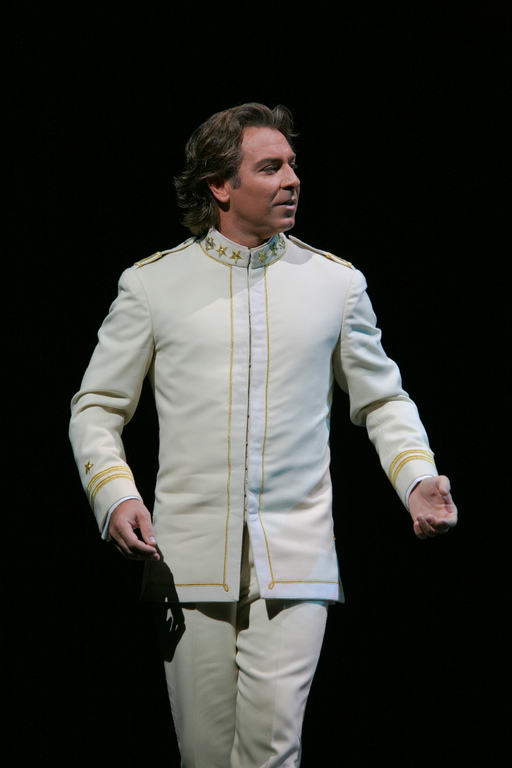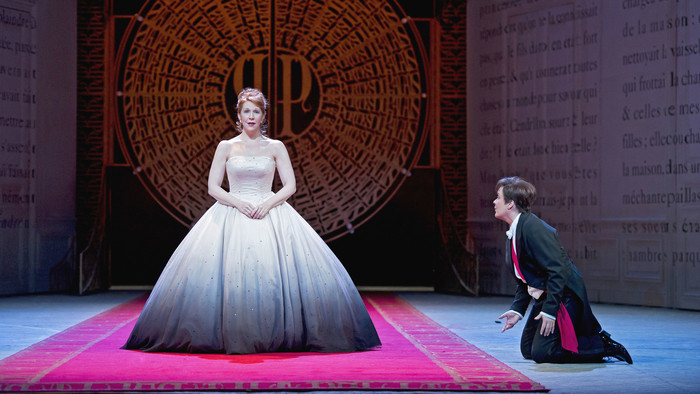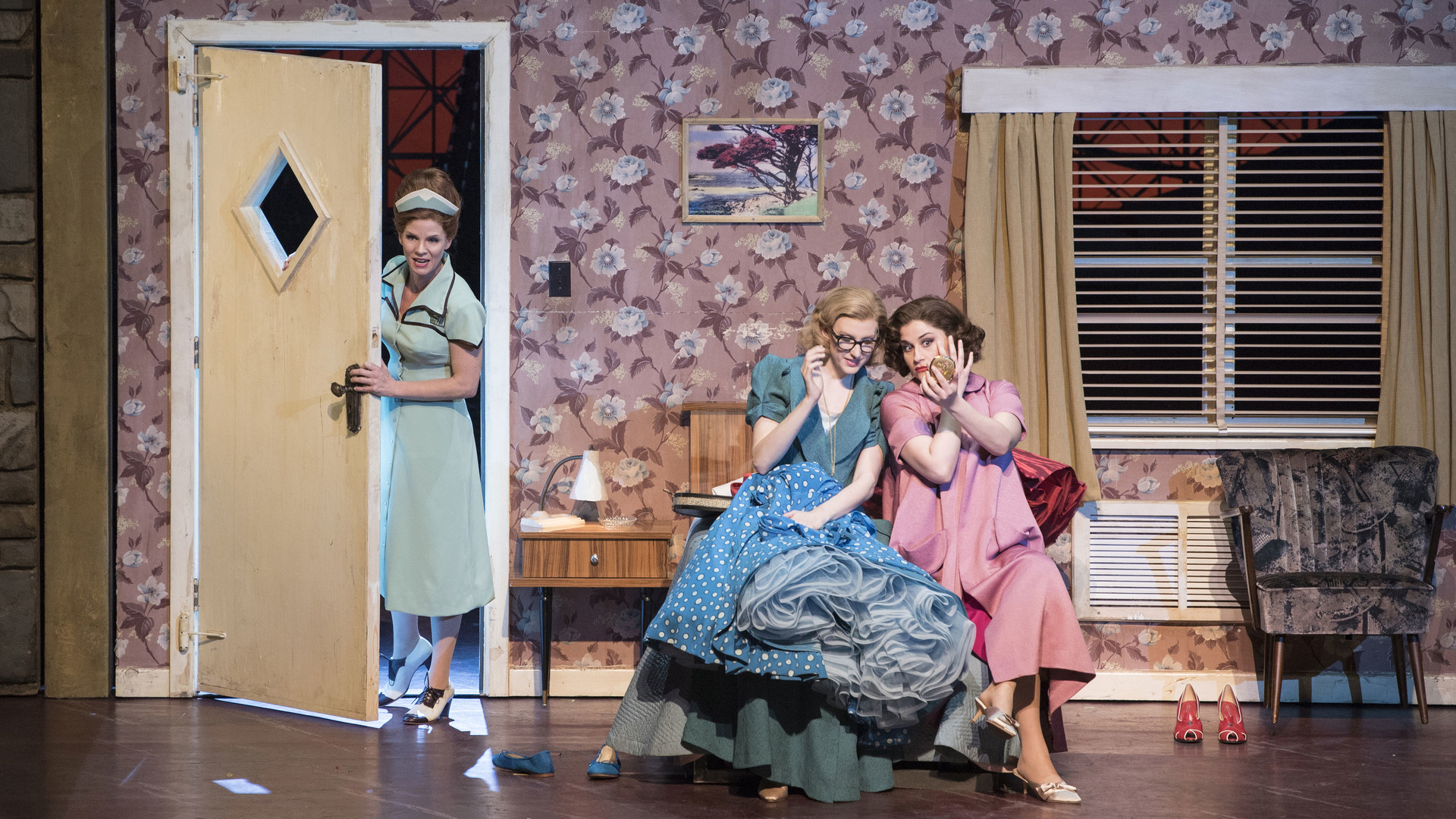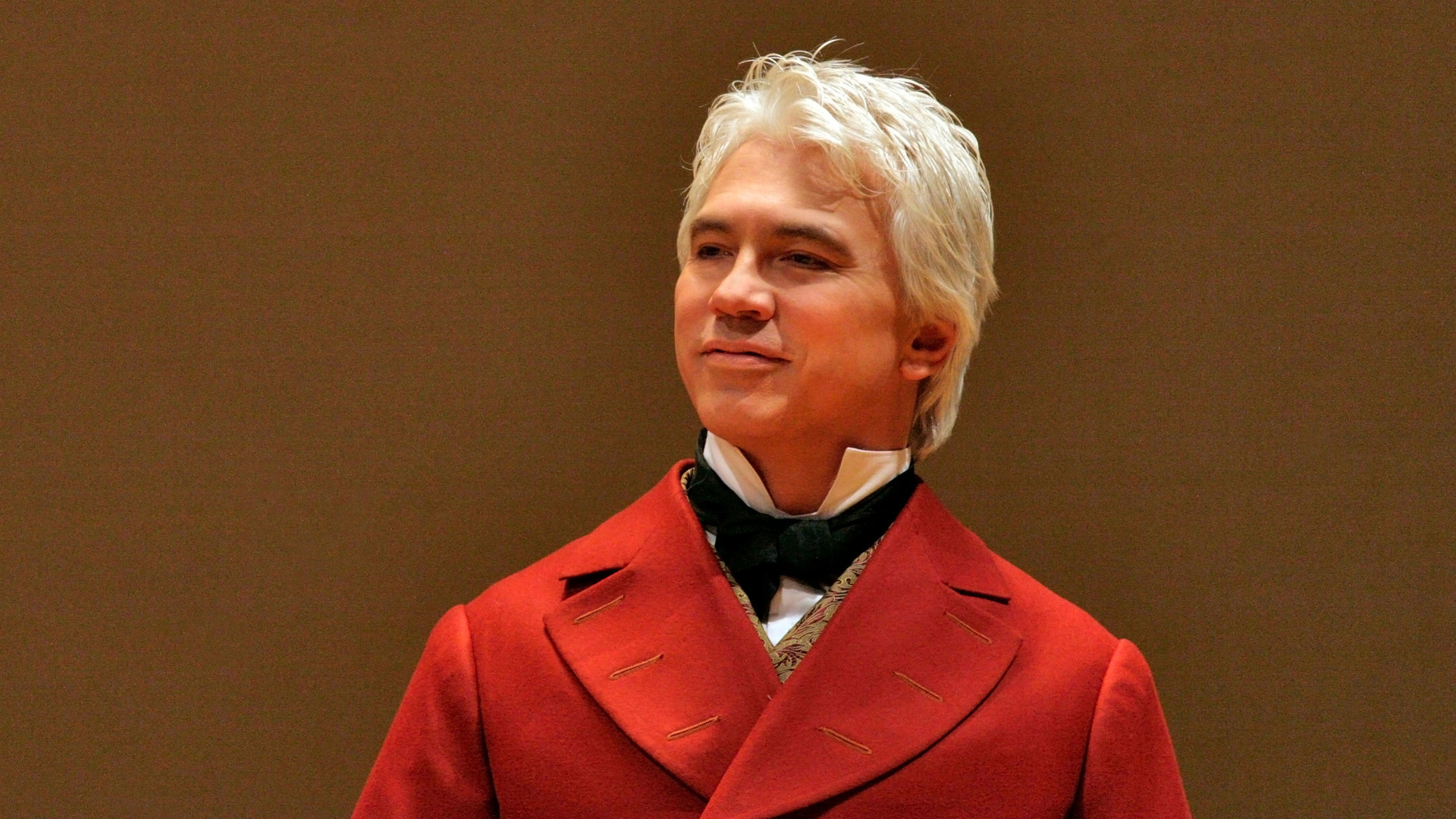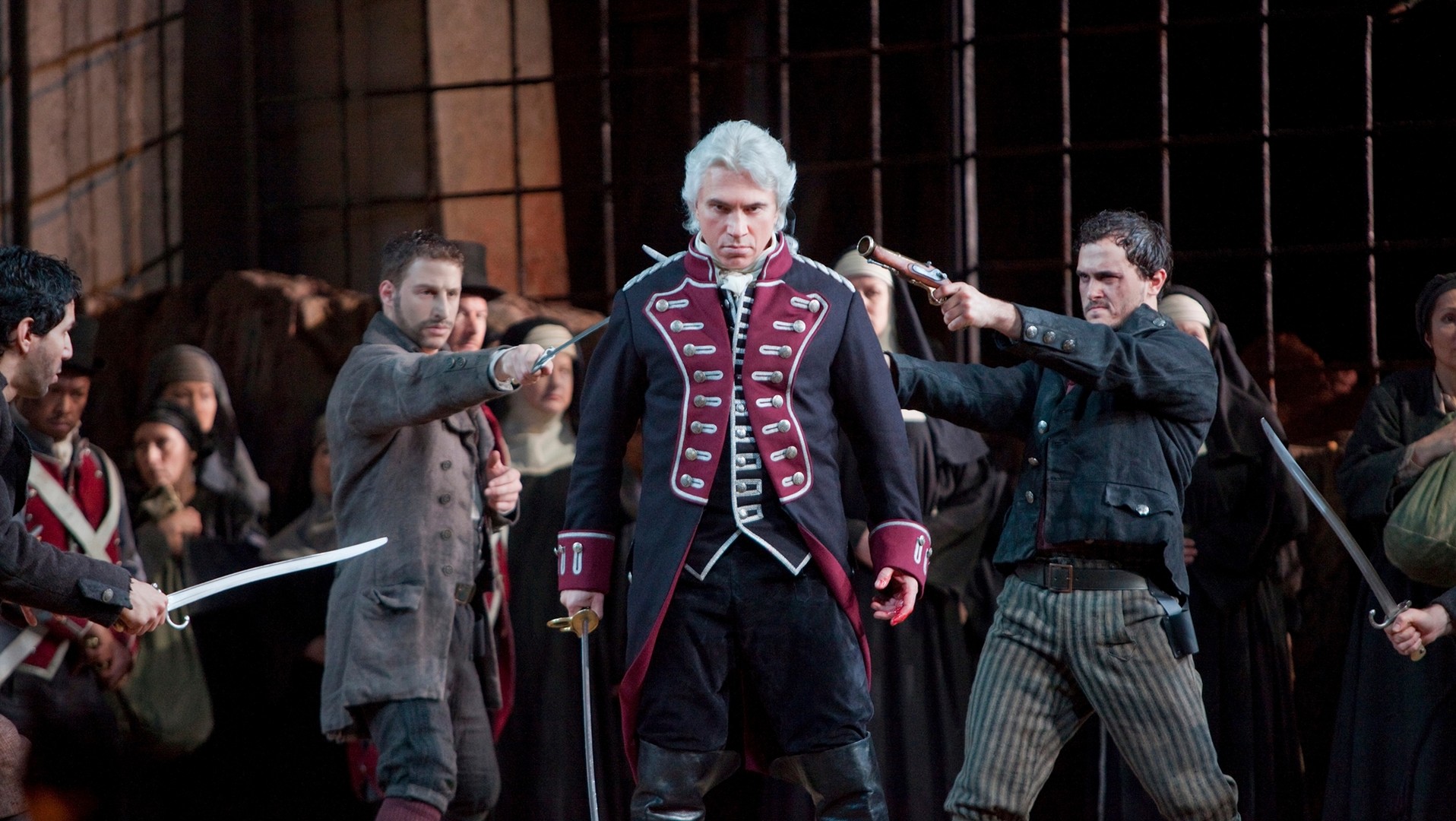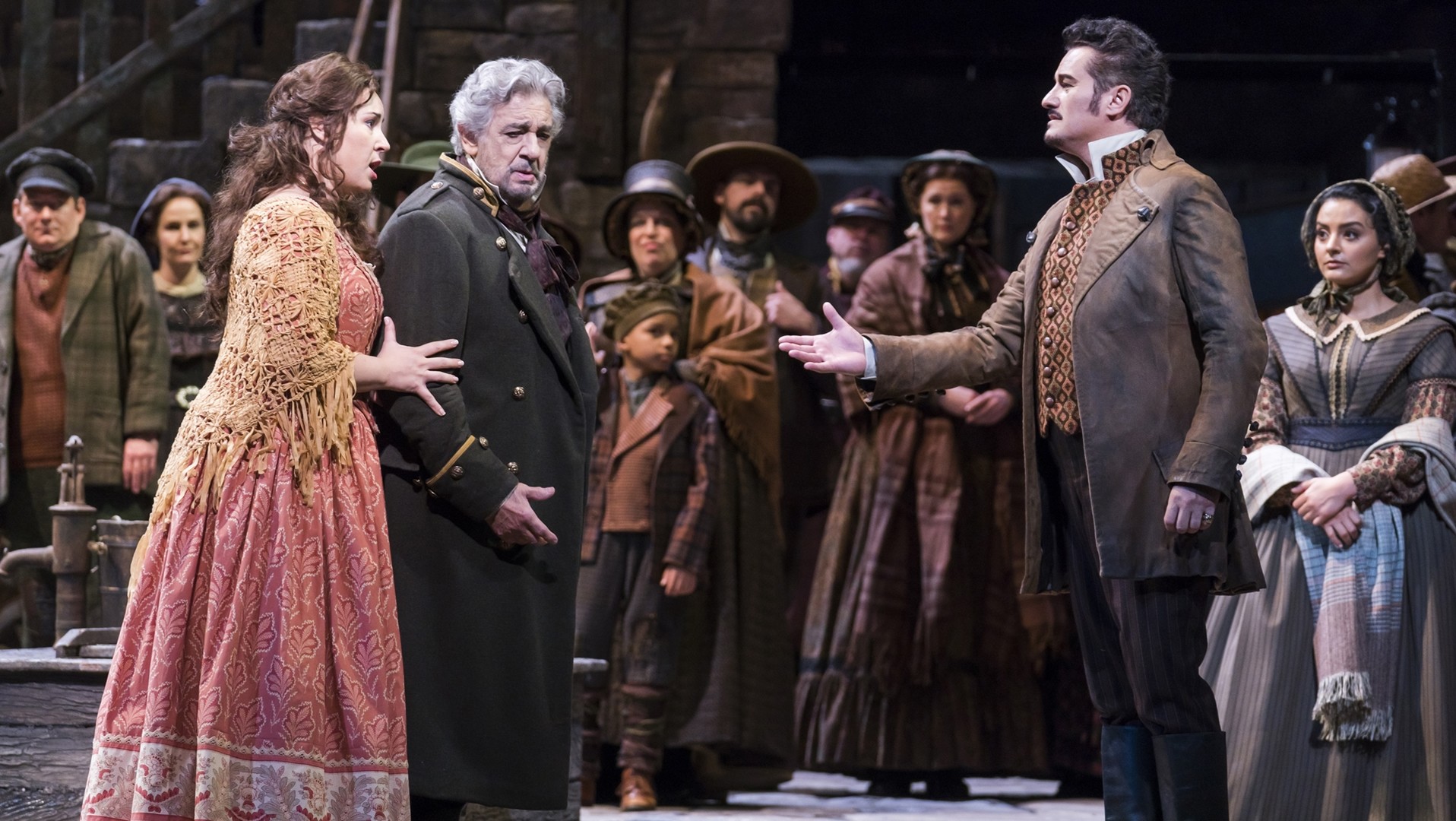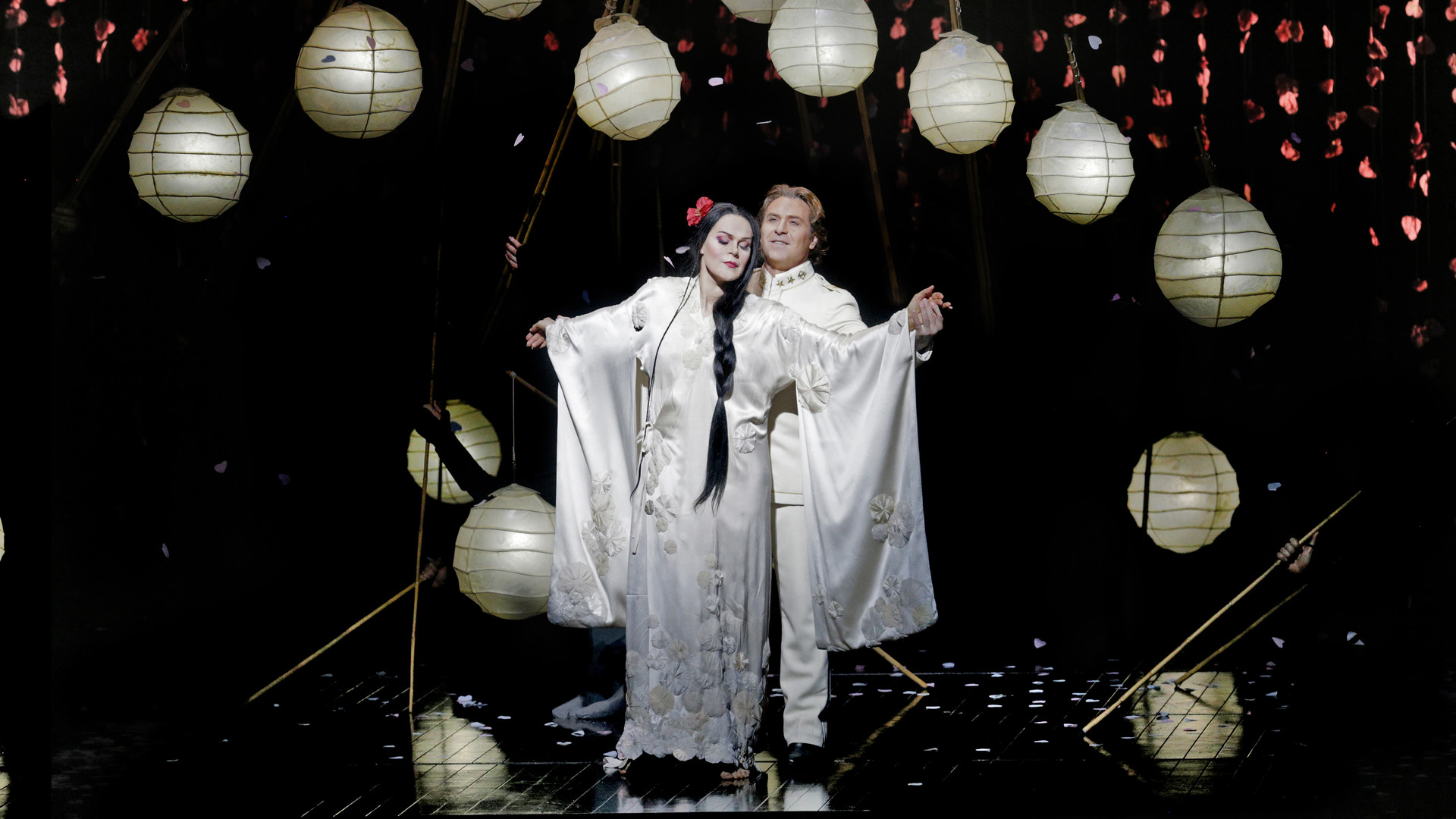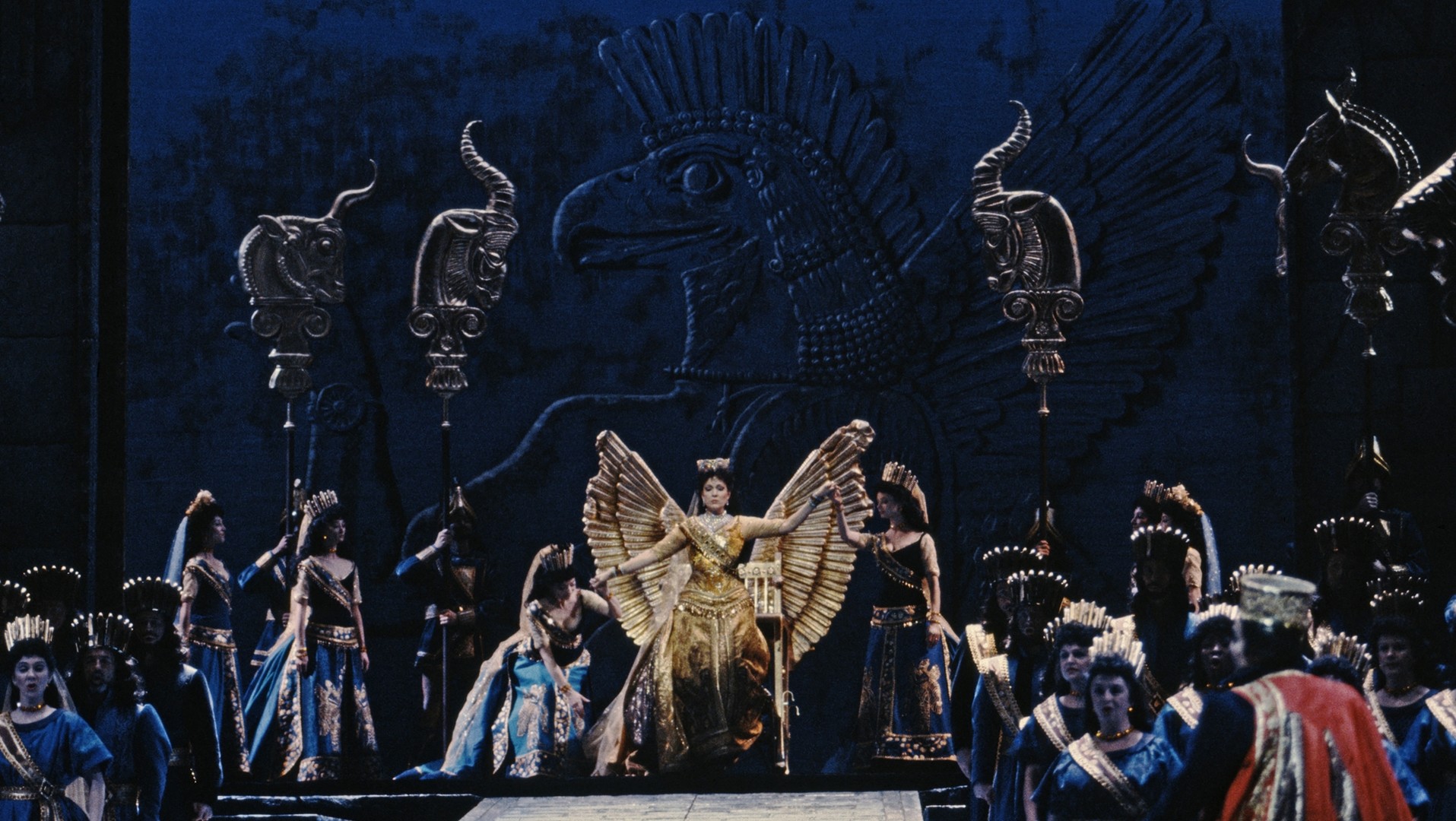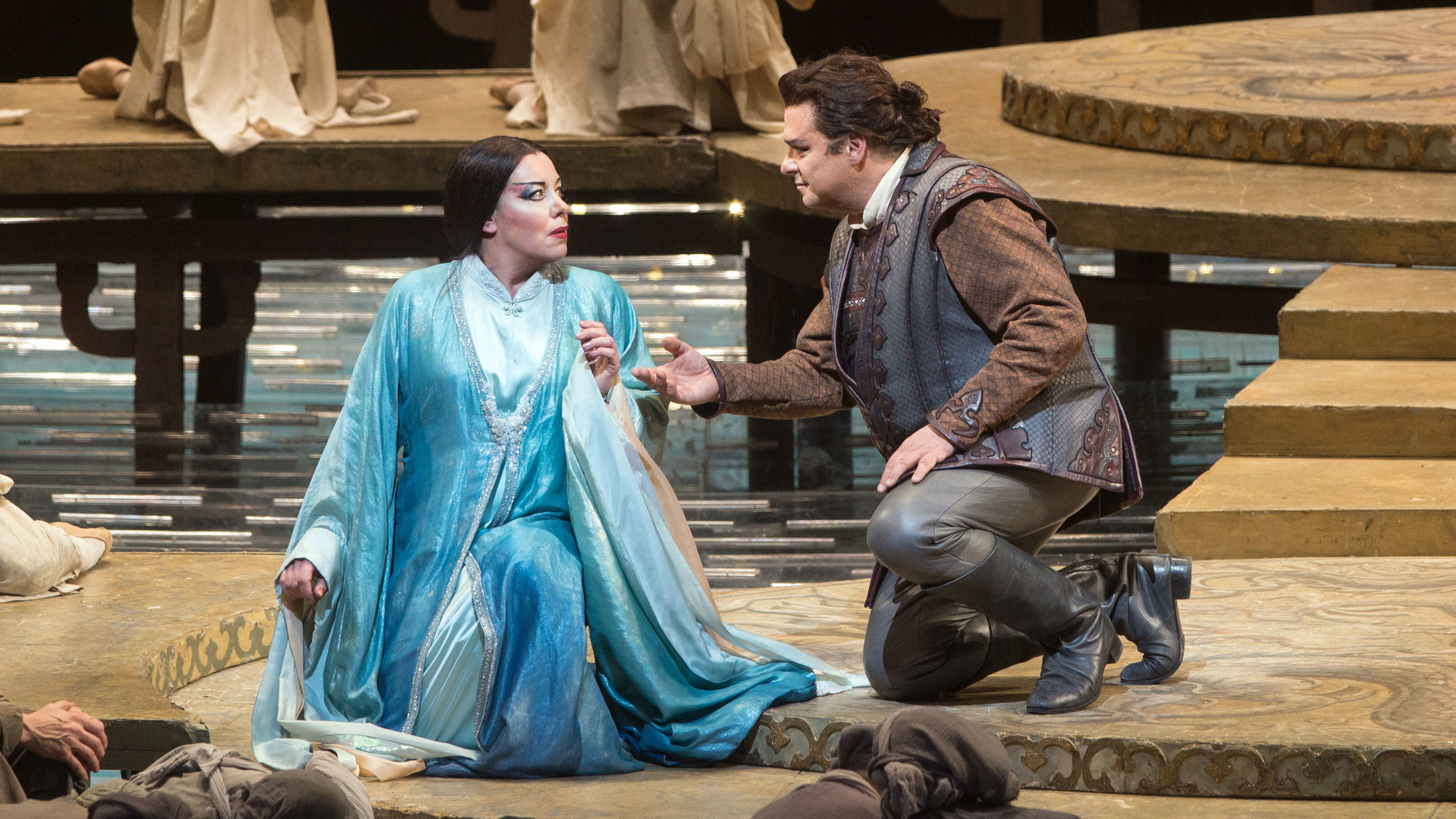ACT I
Japan, at the turn of the 20th century. Lieutenant Benjamin Franklin Pinkerton of the U.S. Navy inspects a house overlooking Nagasaki harbor that he is leasing from Goro, a marriage broker. The house comes with three servants and a geisha wife named Cio-Cio-San, known as Madam Butterfly. The lease runs for 999 years, subject to monthly renewal. The American consul Sharpless arrives breathless from climbing the hill. Pinkerton describes his philosophy of the fearless Yankee roaming the world in search of experience and pleasure. He is not sure whether his feelings for the young girl are love or a whim, but he intends to go through with the marriage ceremony. Sharpless warns him that the girl may view the marriage differently, but Pinkerton brushes off such concerns and says someday he will take a real, American wife. He offers the consul whiskey and proposes a toast. Butterfly arrives with her friends for the ceremony. In casual conversation after the formal introduction, Butterfly admits her age, 15, and explains that her family was once prominent but lost its position, and she has had to earn her living as a geisha. Her relatives arrive and chatter about the marriage. Cio-Cio-San shows Pinkerton her few possessions and quietly tells him that she has been to the Christian mission and will embrace her husband’s religion. The Imperial Commissioner reads the marriage agreement, and the relatives congratulate the couple. Suddenly, a threatening voice is heard from afar—it is the Bonze, Butterfly’s uncle, a priest. He curses the girl for going to the mission and rejecting her ancestral religion. Pinkerton orders them to leave, and as they go, the Bonze and the shocked relatives denounce Cio-Cio-San. Pinkerton tries to console Butterfly with sweet words. Suzuki helps her into her wedding kimono before the couple meets in the garden, where they make love.
ACT II
Three years have passed, and Cio-Cio-San awaits her husband’s return at her home. Suzuki prays to the gods for help, but Butterfly berates her for believing in lazy Japanese gods rather than in Pinkerton’s promise to return one day. Sharpless appears with a letter from Pinkerton, but before he can read it to Butterfly, Goro arrives with the latest suitor, the wealthy Prince Yamadori. Butterfly politely serves the guests tea but insists she is not available for marriage—her American husband has not deserted her. She dismisses Goro and Yamadori. Sharpless attempts to read Pinkerton’s letter and suggests that perhaps Butterfly should reconsider Yamadori’s offer. In response, she presents the consul with the young son she has had by Pinkerton. She says that his name is “Sorrow,” but when his father returns, he will be called “Joy.” Sharpless is too upset to tell her more of the letter’s contents. He leaves, promising to tell Pinkerton of the child. A cannon shot in the harbor announces the arrival of a ship. Butterfly and Suzuki take a telescope to the terrace and read the name of the vessel—it is Pinkerton’s. Overjoyed, Butterfly joins Suzuki in decorating the house with flowers from the garden. Night falls, and Butterfly, Suzuki, and the child settle into a vigil watching over the harbor.
ACT III
Dawn breaks, and Suzuki insists that Butterfly get some sleep. Butterfly carries the child into the house. Sharpless appears with Pinkerton and Kate, Pinkerton’s new wife. Suzuki realizes who the American woman is and agrees to help break the news to Butterfly. Pinkerton is overcome with guilt and runs from the scene, pausing to remember his days in the little house. Cio-Cio-San rushes in hoping to find Pinkerton, but sees Kate instead. Grasping the situation, she agrees to give up her son but insists Pinkerton return for him. Dismissing everyone, Butterfly takes out the dagger with which her father committed suicide, choosing to die with honor rather than live in shame. She is interrupted momentarily when the child comes in, but Butterfly says goodbye and blindfolds him. She stabs herself as Pinkerton arrives, calling out for her.
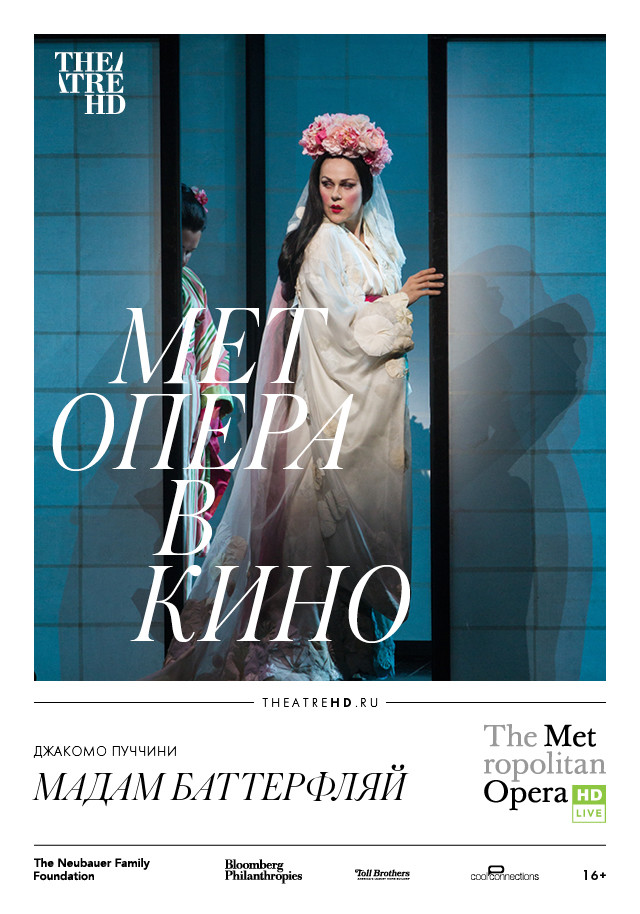



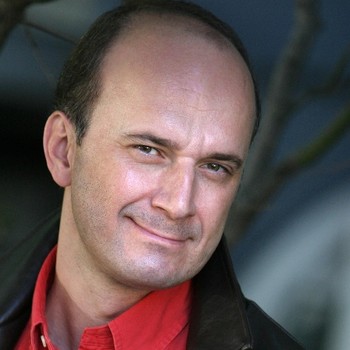
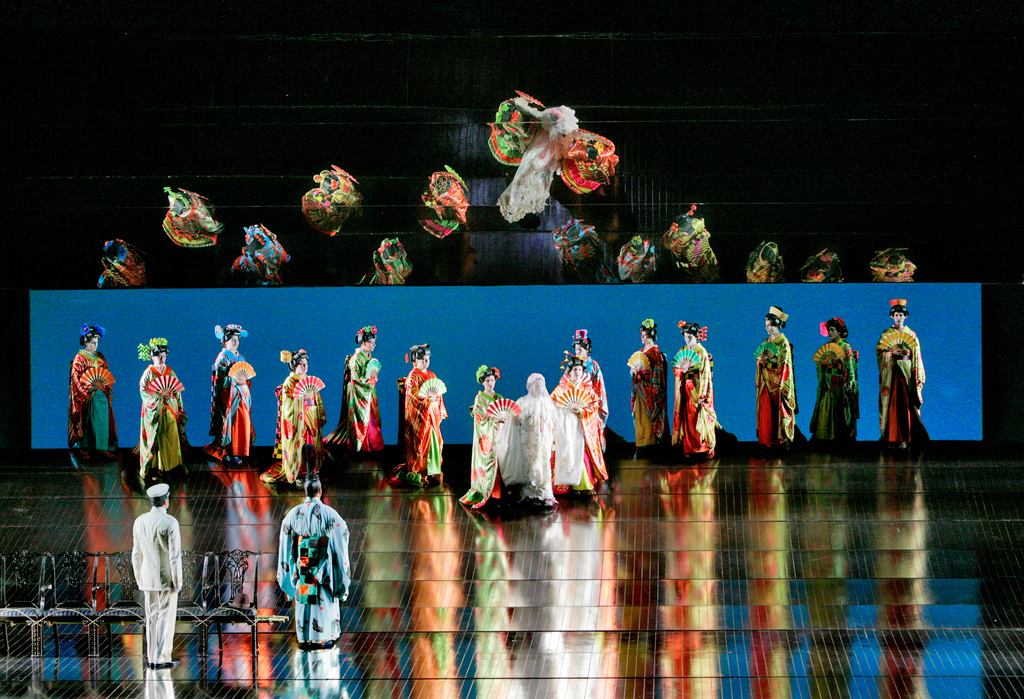
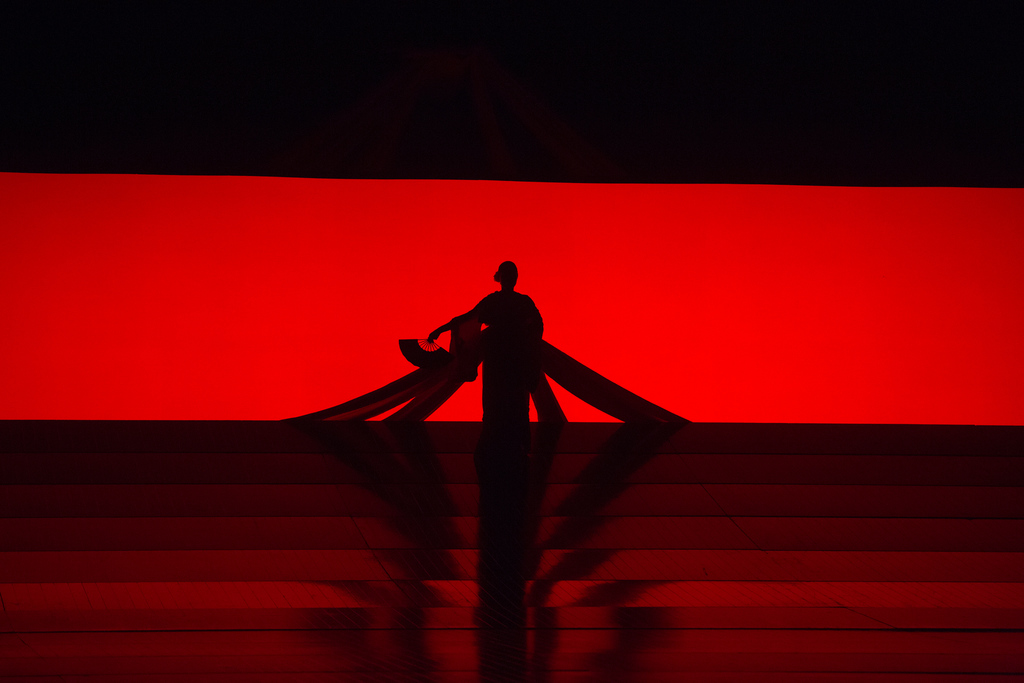
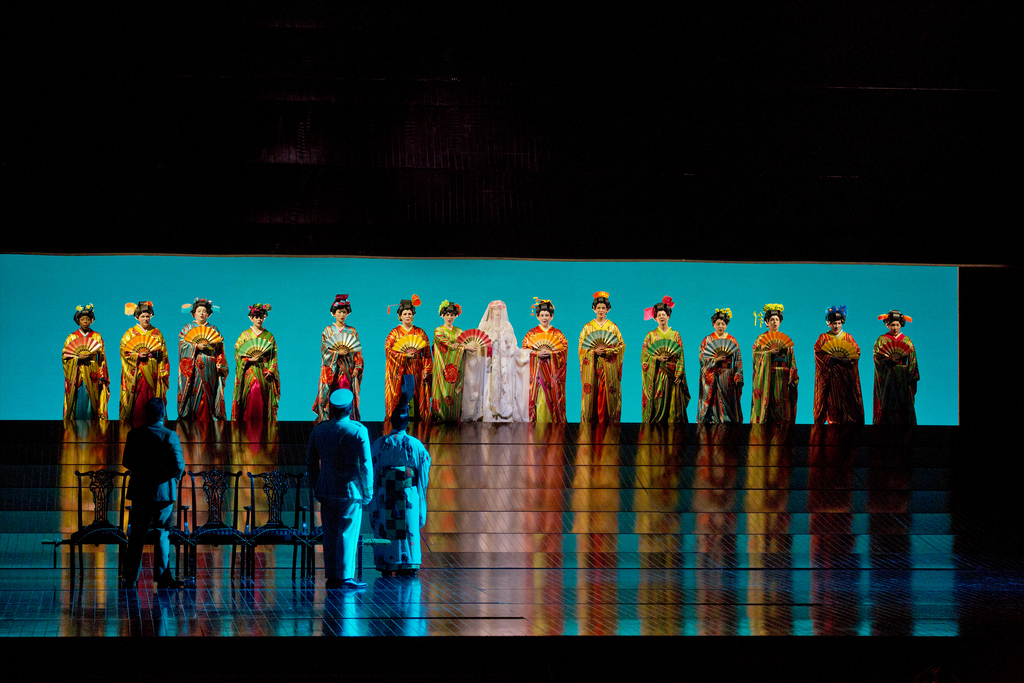
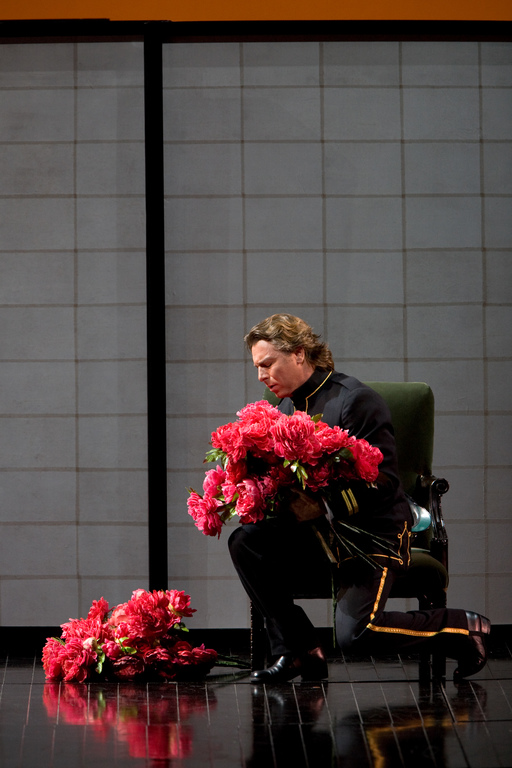
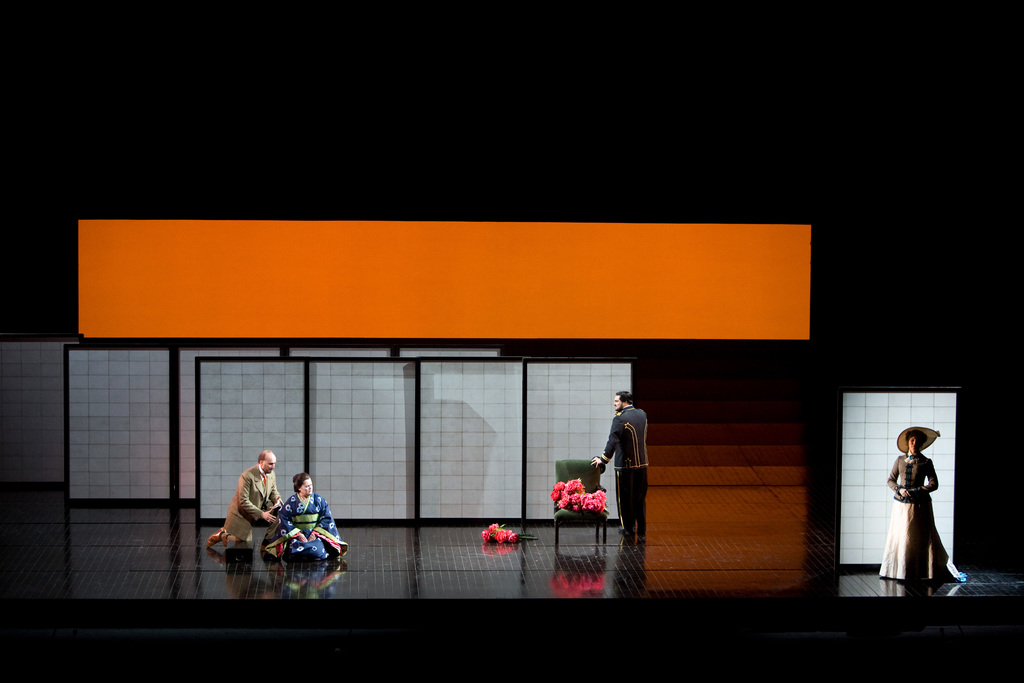
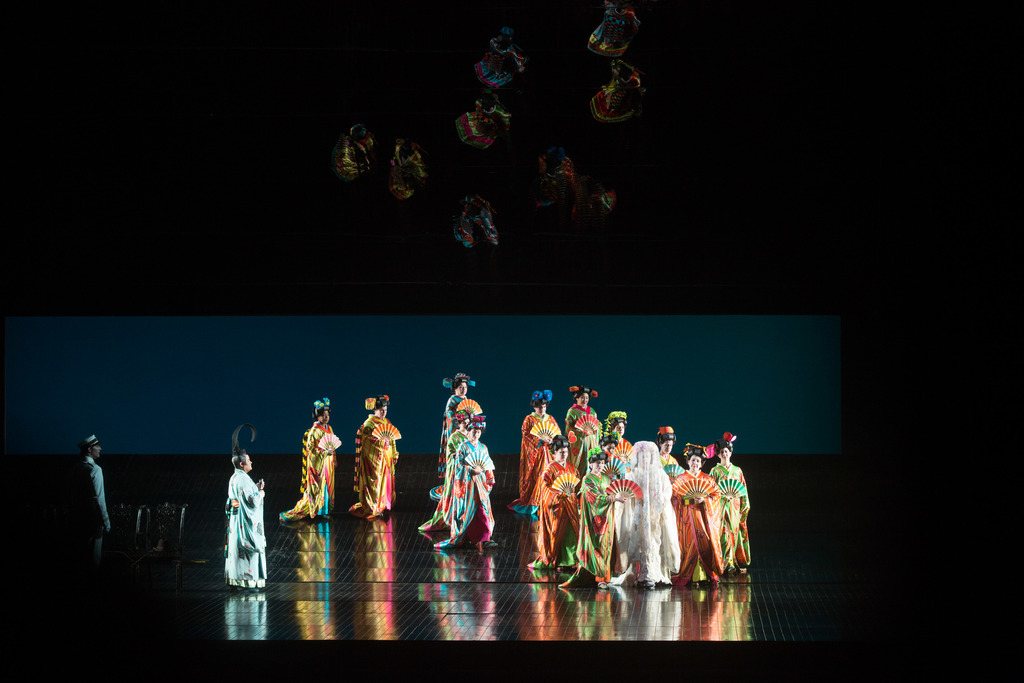
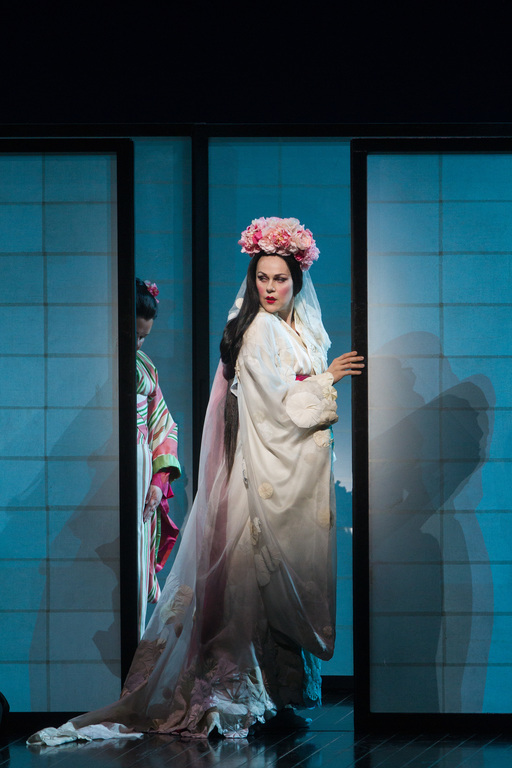

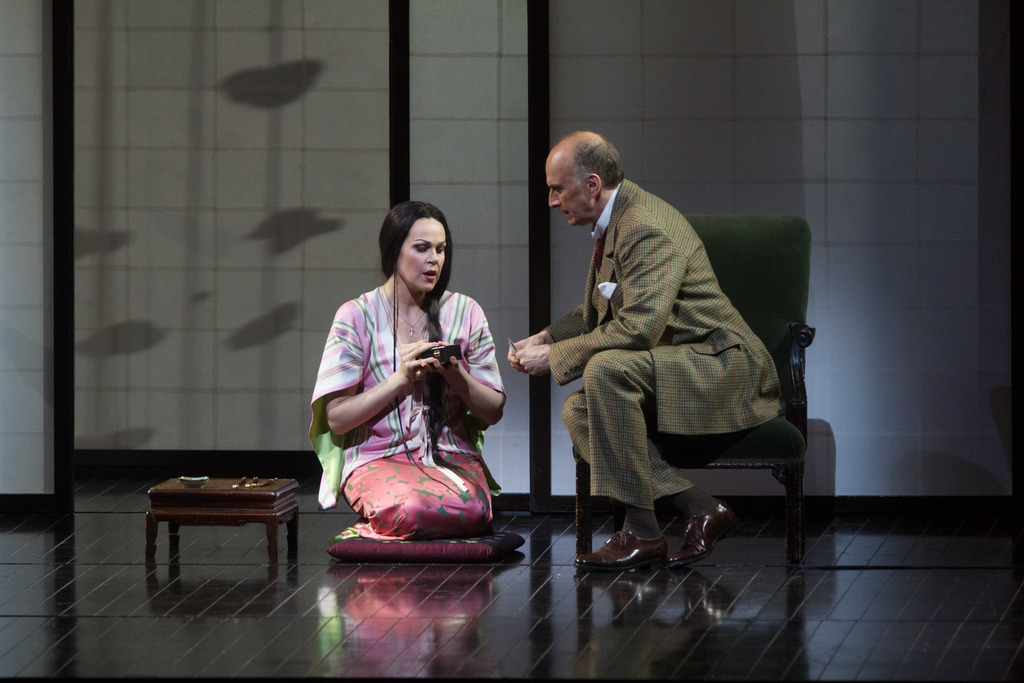
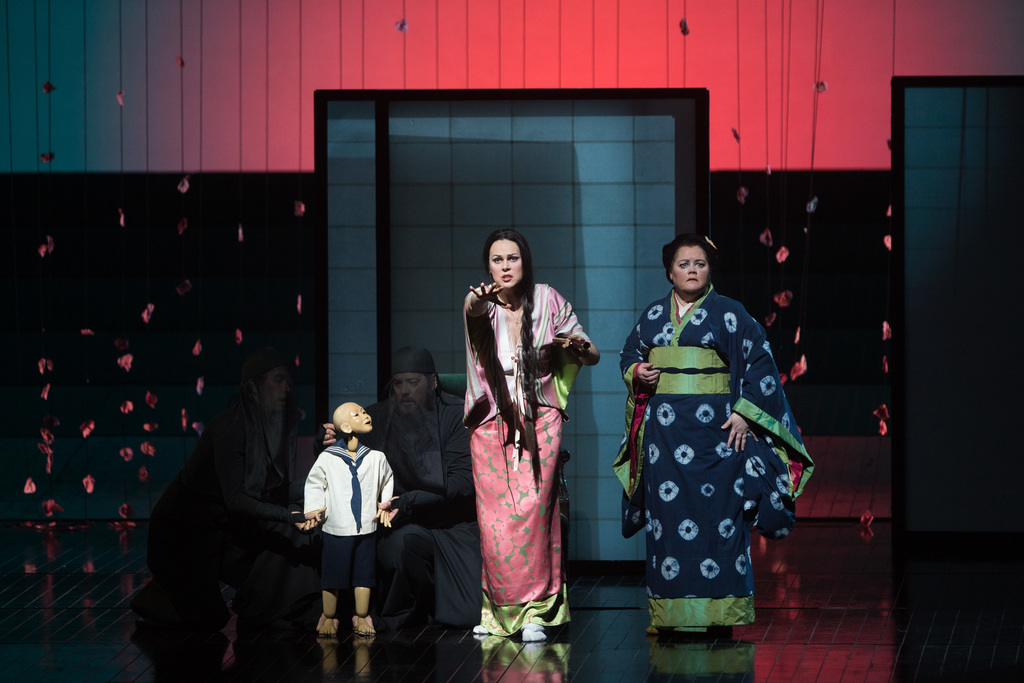
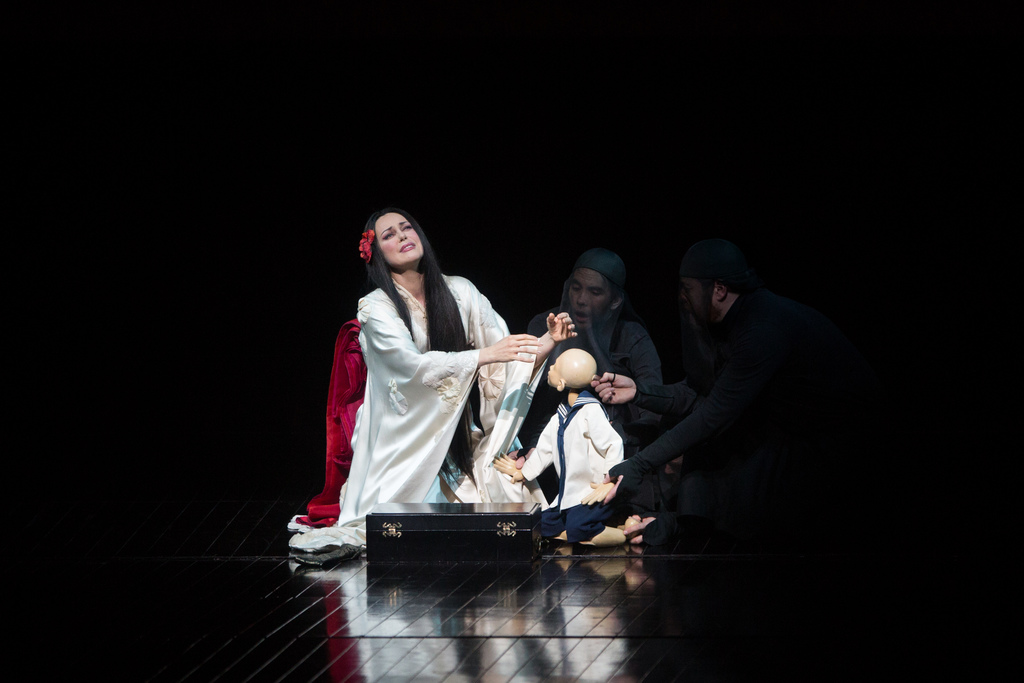
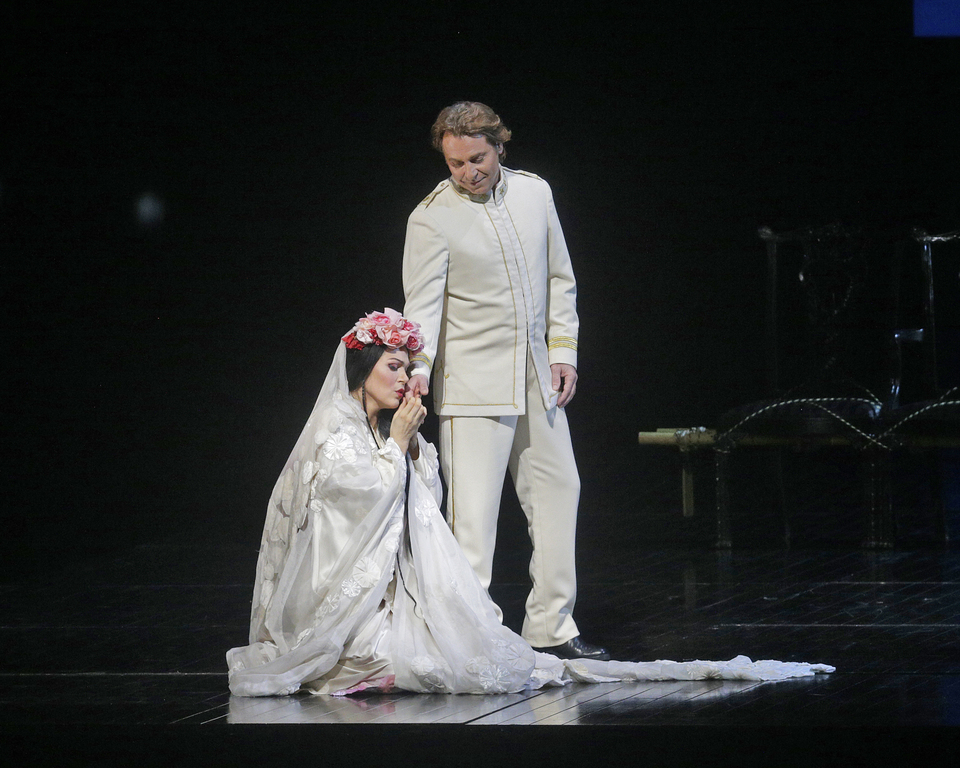


.jpg)
